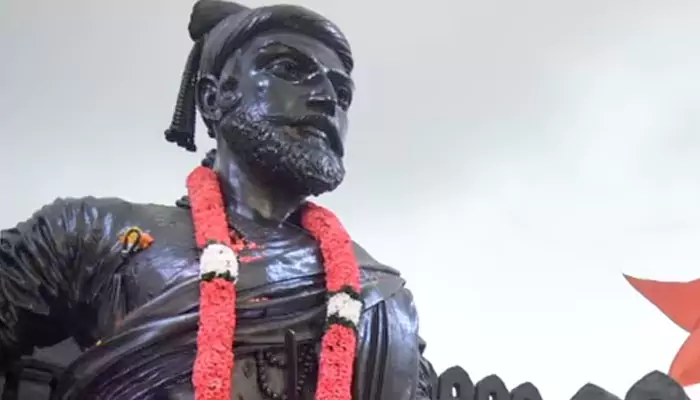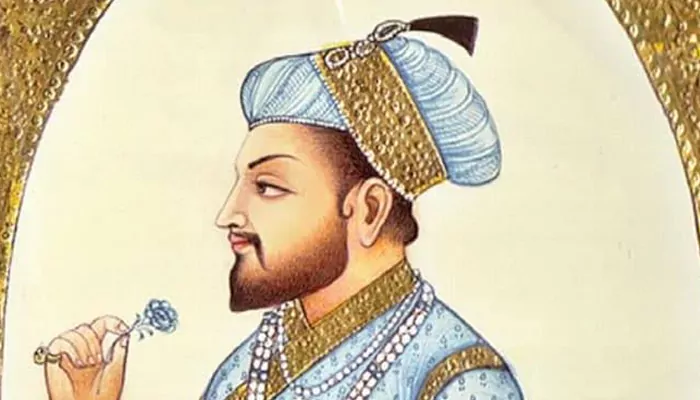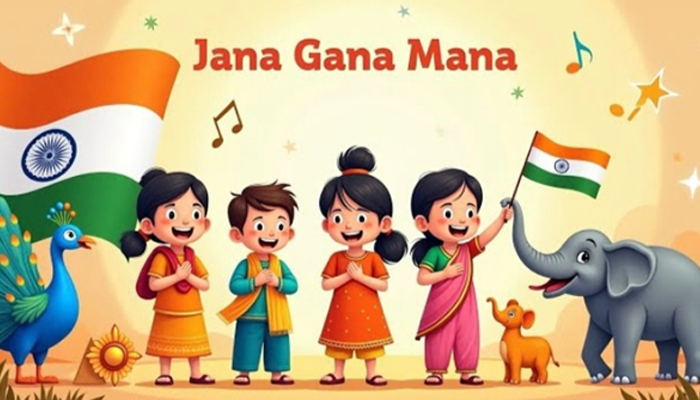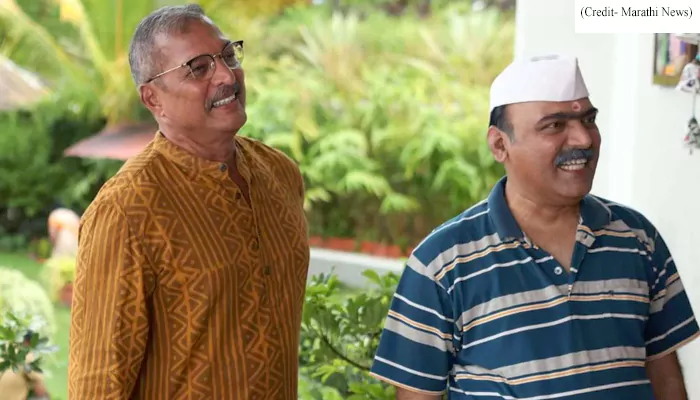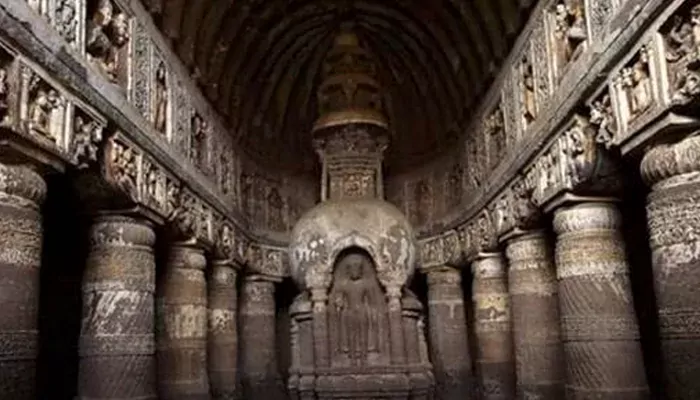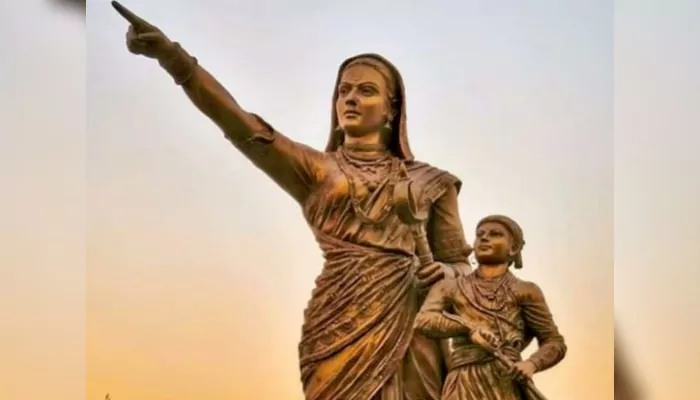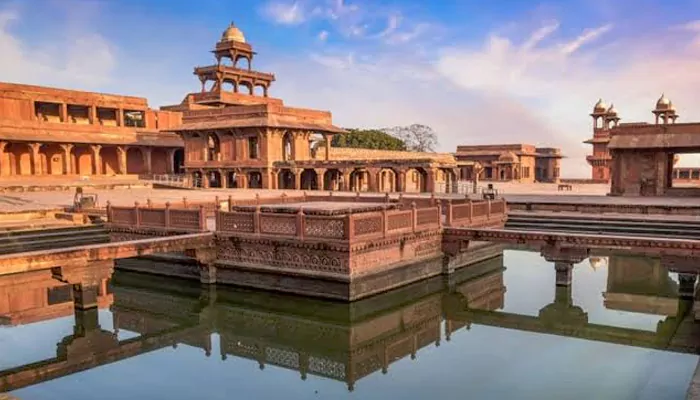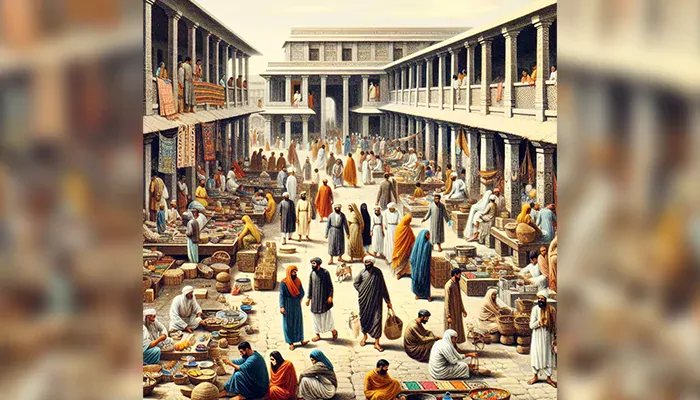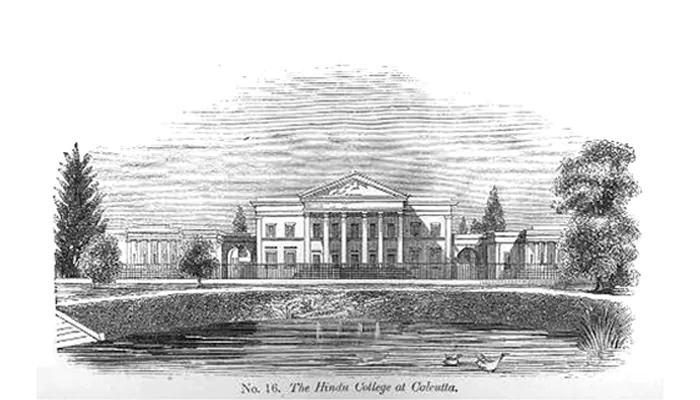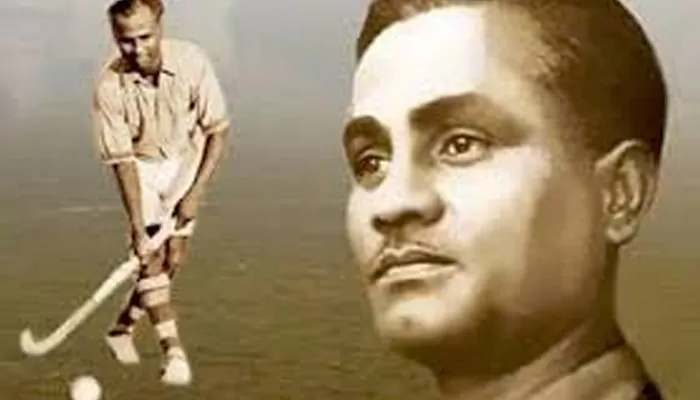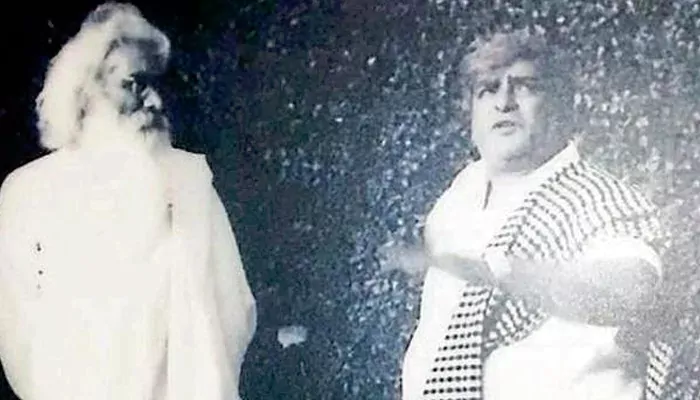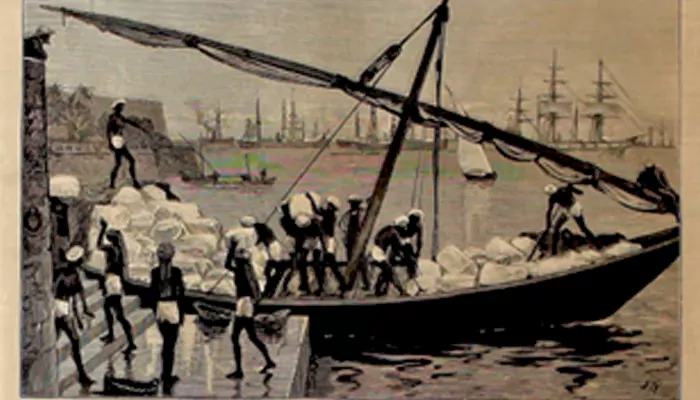Sailen Manna: Barefoot Footballer Who Took Indian Football to the World
- Sanchari Das
- 5 months ago
- 4 minutes read
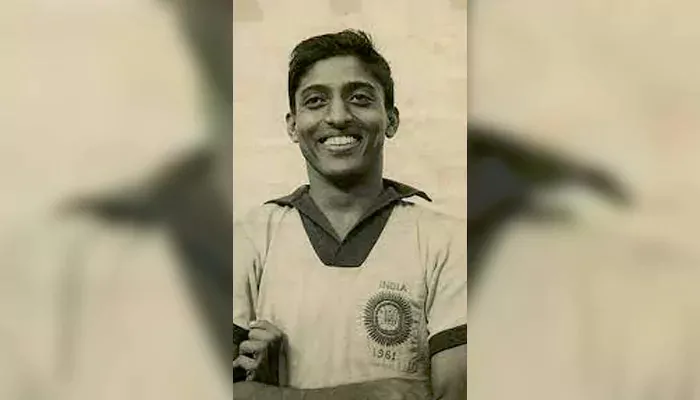
How a boy from Howrah rose to lead India’s golden generation of football, proving that courage and culture mattered more than boots on foreign soil
Sailen Manna’s name belongs to an era when football in India was more than a sport. It was identity. It was defiance. It was Bengal’s heartbeat. In the years immediately following independence, when the nation sought heroes, Manna stood tall. With bare feet and unbending resolve, he carried Indian football to the global stage and became a symbol of both culture and resistance.
A Boy from Howrah Who Dreamed Big
Born in 1924 in Howrah, Manna grew up in Bengal, where football had already captured public imagination. The city’s fields, crowded with barefoot players, shaped his game. Soon, his defensive ability caught the attention of scouts, and he joined Mohun Bagan. By the late 1940s, he was more than just a club player—he was a leader destined for greater arenas.
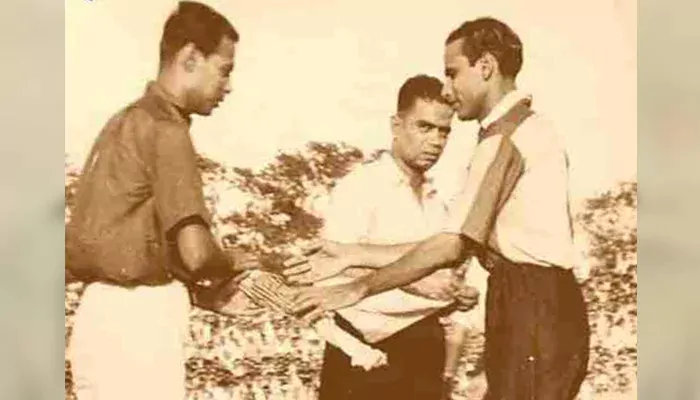
London 1948: Barefoot Against the World
The 1948 Olympics in London gave India its first real opportunity to showcase its footballing talent on the world stage. Manna, then a central defender, led his team against France. The Indians played without boots, a choice that startled audiences but also won admiration. India lost narrowly, 2–1, but the performance was heroic. Stories from that match endure—British royalty marveled at the team’s courage, and reporters wrote of Manna’s clearances as if he were forged of steel.
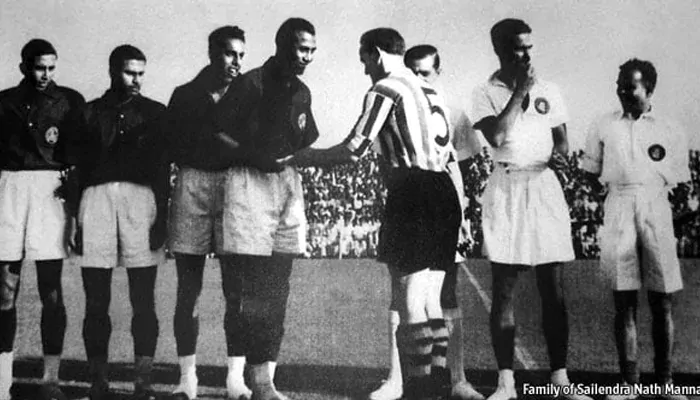
Choosing Bare Feet as a Statement
Many assume that India’s players went barefoot due to poverty. In truth, most preferred it. The ball control, the speed, even the comfort on wet pitches—these felt natural to them. For Manna and his generation, playing without boots was also an assertion of style. It was Indian football on its own terms. To the watching world, it looked unusual. To Bengal, it looked like pride.
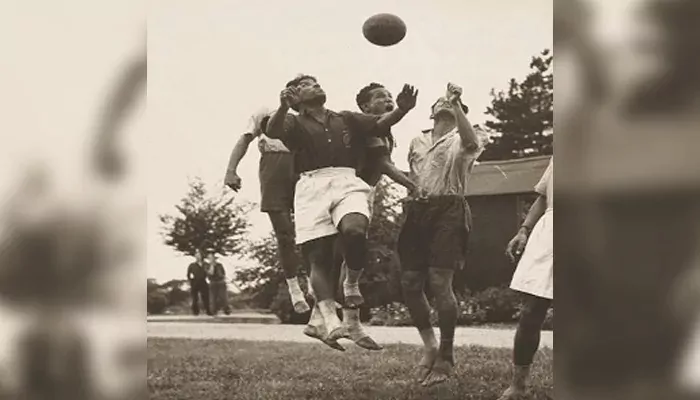
Captain of a Golden Era
Manna’s finest hour came in 1951, when India won its first Asian Games football gold in Delhi. As captain, he lifted the trophy that marked the country’s greatest achievement in the sport. Under his leadership, India also dominated the Asian Quadrangular, known as the Colombo Cup, through the 1950s. Such was his reputation that in 1953, the Football Association of England named him among the world’s ten best captains—a rare honour for an Asian footballer of his time.
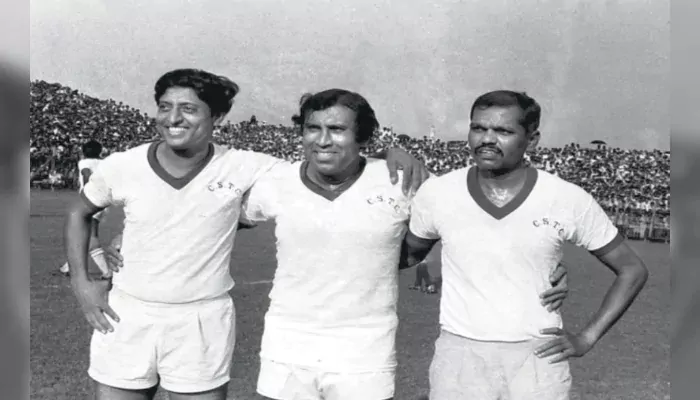
The Man Behind the Captain
Teammates always remembered him simply as “Captain.” He was calm, disciplined, and deeply respected. His free-kicks were measured with almost artistic precision. In state football, he led Bengal to multiple Santosh Trophy titles. Off the field, he was approachable, often guiding younger players. For many, his leadership was as much about character as about tactics.
Missed Chances and Lingering Regrets
Manna often recalled the missed penalty against France at the 1948 Olympics, a moment that haunted him for years. But the bigger regret for Indian football was the 1950 World Cup. India had qualified by default but withdrew before the tournament. Officially, it was due to financial constraints, though rumours about barefoot restrictions lingered. Whatever the truth, the absence robbed Manna and his peers of a chance to test themselves against the world’s best.
A Legacy That Still Echoes
After retiring, Manna remained connected to the game, guiding the next generation. His passing in 2012 marked the end of a glorious chapter, but his memory endures. Today, the Sailen Manna Stadium in Howrah keeps his name alive, though his true monument is the respect he commands across football circles. He is remembered not only for victories but for the values he embodied—dignity, humility, and resilience.

